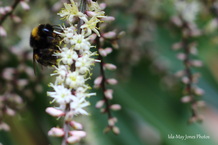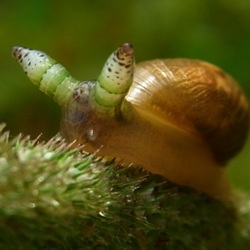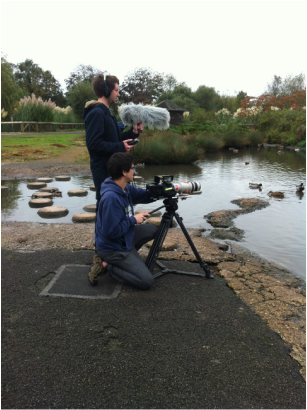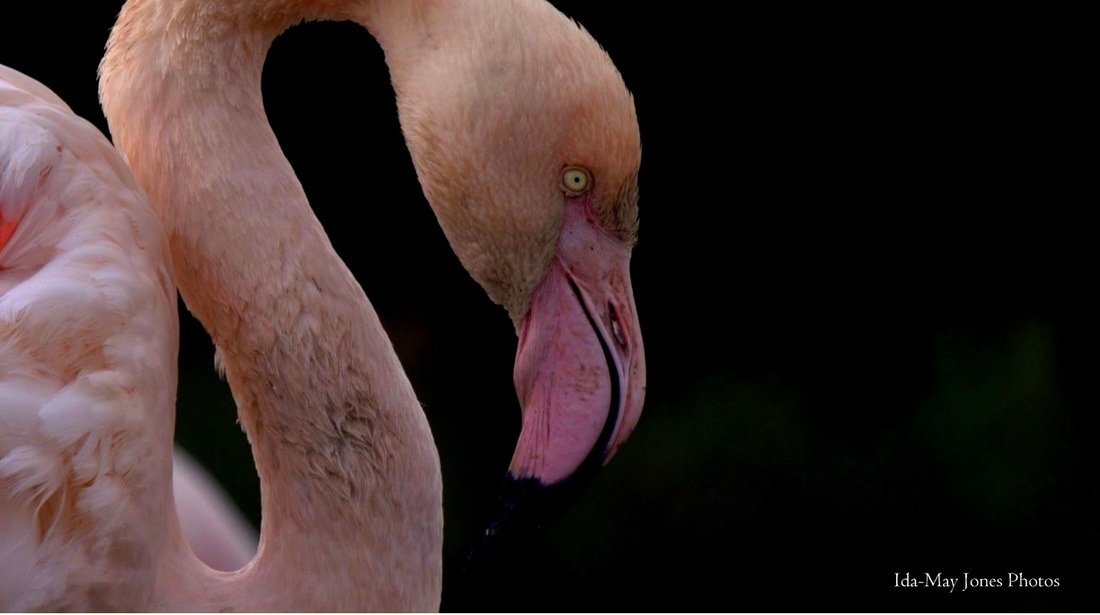|
We've had an extremely busy time during the fourth week of Wildlife Filmmaking: working on our commissioned project for Brilliant Britain, coming up with ideas for short UK wildlife stories, workshops on editing, talks from Mark Wild - BBC NHU's Development lead, Mark Steer - a UWE biology lecturer and Dave Bird - camera trap expert. Alongside this myself and three other students arranged a visit to Slimbridge Wetlands and Wildfowl centre to practice our camera and sound techniques! Pheewww, no wonder I'm exhausted!  Where to begin! I won't go into details on my whole week because that would be an extremely long (although I guarantee not boring) post! I began this week working on an idea for a five minute story about wildlife in Britain that would be suited for shows such as The One Show (for those of you not familiar this is a magazine type show which covers short stories on a wide range of topics from food, to history, to wildlife). After a lot of research and contacting a few people from local wildlife organisations I came across a project called "Urban Pollinators" which is being run by Bristol University (nice and local is always useful). The project is looking at the numbers of pollinators in our big cities and what can be done to improve habitats for them... I look forward to working further on this and perhaps in a few months time I will be able to post a short film on here about them!  We had an extremely enthusiastic and inspiring talk from biologist Mark Steer who really made me wish I'd had a teacher like him a few years ago (perhaps I would have chosen to study biology a bit further if I had). He gave us a talk about some of the weirder sides of nature - the evolution of sexual strategies in plants and animals... And believe me he came up with some extremely bizarre behaviour such as this parasite which infects snails making it crawl up plants and attract birds to eat it. He also spoke to us about some major conservation issues inspiring my most recent blog post "The Plastic Age".  Over this weekend I packed up the car and along with fellow course-mates Cesar Leite, Chris Kidd and AJ drove up to Slimbridge Wetlands centre. It is a great time of year to visit with hundreds of winter migrants arriving from the colder climates. This was the first time we had taken sound equipment out and were all amazed at the quality of sound that can be picked up - we could focus the mic on a flock of geese flying in the distance and hear the flap of their wings, or at some ducks feeding on the ground and hear the clap of their beaks. We did learn, however, that without running the sound and the camera together it is virtually impossible to link it up! Good lesson learnt, although a shame to come away with no usable sound and picture together. We did get some beautiful images though, and packed up and left just before the rain began to fall and so all left rather pleased with ourselves!
0 Comments
Leave a Reply. |

